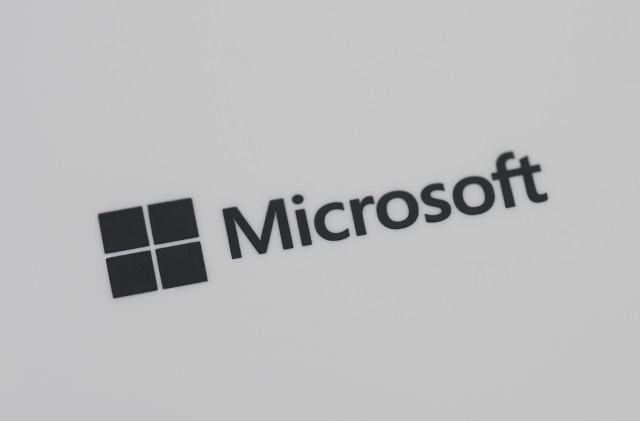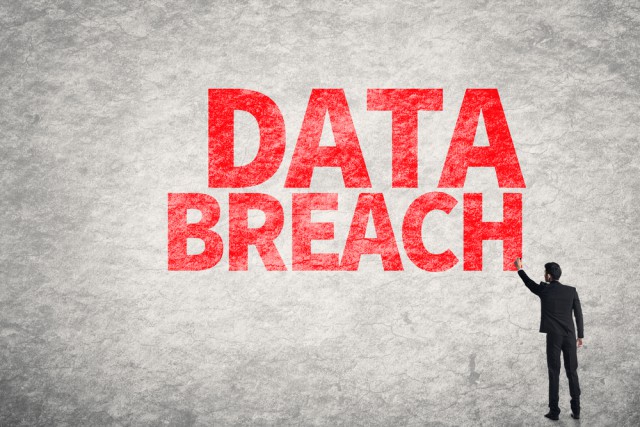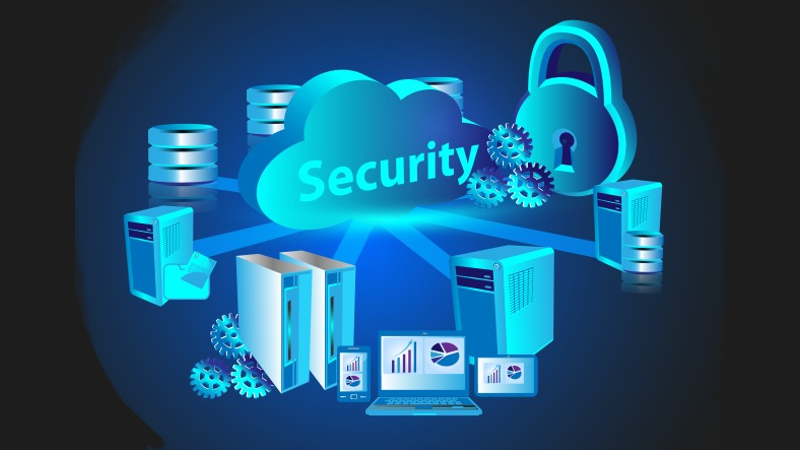
Microsoft brings Windows Defender Advanced Threat Protection to macOS, Linux, iOS, and Android
Microsoft has announced that it is teaming up with Bitdefender, Lookout, and Ziften to expand the reach of Windows Defender Advanced Threat Protection (ATP). By partnering with the three major security firms, Microsoft is set to bring ATP to macOS, Linux, iOS, and Android devices.
Bitdefender, Lookout, and Ziften will all feed threat detection information into one central resource, and this can then be used by security teams to keep an eye on all threats in a single location.

Comodo launches free service to remove website malware
Many recent security breaches have been caused by poor website safety, allowing hackers to exploit vulnerabilities to steal data.
Cyber security company Comodo is launching a free malware removal service for websites to help businesses stay secure. Once a business submits a request Comodo's security operations center analysts will instantly remove all malware, perform hack repairs, including checking the files, databases and any malicious code running to remove infection from the site, and keep the customer fully updated.

Apple has already contacted the FBI with help to access the Texas shooter's phone
Following the shooting at the weekend in a Texan church, the FBI revealed that it was unable to access the encrypted phone belonging to the gunman, Devin Patrick Kelley. While the FBI said that it did not want to reveal any specific details of the phone, it was widely believed to be an iPhone -- and now Apple has revealed that it has already been in contact with the agency.
The iPhone-maker says that it got in touch with the FBI "immediately" to offer help in accessing the gunman's phone.

FBI can't access data on Texas shooter's encrypted phone
With echoes of the San Bernardino shooting from a couple of years ago, the FBI has revealed that it is unable to break the encryption on the phone belonging to Devin Patrick Kelley, the gunman who killed 26 people in Texas at the weekend.
The agency has not said what make or model of phone they are not able to access, and this is information that will not be revealed -- and for very good reason, says the FBI. Despite the agency's desire for secrecy, there is strong speculation that the device is an iPhone.

Facebook: send nudes and we'll protect you against revenge porn
Revenge porn is one of the latest online problems, and it's one to which it would seem difficult to come up with a solution. Facebook, however, thinks it has the answer. If you're willing to share your nude photos with the social network, it will use them to protect you against revenge porn attacks.
It's an idea that sounds like utter madness, but Facebook is at pains to convince users that it's actually a brilliant solution. Compromising images that are shared with Facebook will be hashed to create a digital fingerprint which the company can then use to identify the same images if they are uploaded by someone else.

Enterprises are risking an IoT technology time bomb
The increased use of connected devices leads to significant security challenges for 77 percent of enterprises, according to a new survey.
The study conducted by Forrester for IoT security company ForeScout Technologies also reveals that 82 percent struggle to identify all of their network-connected devices, and when asked who is primarily responsible for securing IoT, IT and line of business (LoB), leaders don't have a clear answer or measure of ownership.

90 percent of IT pros worry about public cloud security
New research commissioned by network testing, visibility, and security vendor Ixia reveals that more than 90 percent of respondents are concerned about data and application security in public clouds.
In addition nearly 60 percent report that public cloud environments make it more difficult to obtain visibility into data traffic.

New endpoint protection platform aims to stop targeted attacks
Increasingly attacks against businesses and government organizations are targeted against a specific entity.
The latest platform from endpoint protection specialist Endgame uses enhanced attack mapping and automated guidance to empower users of any skill level to stop even the most aggressive attacks.

More than seven billion records exposed in 2017 data breaches
The first three quarters of 2017 have seen 3,833 breaches reported, exposing over seven billion records, according to a new report.
But the study by Risk Based Security reveals that 78.5 percent of all records exposed came from just five breaches. Compared to the same period in 2016, the number of reported breaches is up 18.2 percent and the number of exposed records is up 305 percent.

The myth of cloud insecurity
It’s not exactly clear when the term "cloud" was first used to describe shared pools for configurable IT resources. However, it’s safe to say that it started creeping into our lexicon less than ten years ago.
Back then, the official definition of cloud was even less clear than it is today. Regardless of what the cloud actually was, this mysterious cloud entity was widely assumed to be unsafe.

Ethereum wallet vulnerability freezes hundreds of millions of dollars
Ethereum is a hugely promising blockchain technology which has really taken off this year, thanks in no small part to the backing of major companies like Microsoft, Intel and Cisco. It is also super valuable as a cryptocurrency, being worth around $28 billion, and a great platform for ICOs (Initial Coin Offerings).
So, many startups are now turning to Ethereum to raise money, and the way that they are doing it is through smart contracts. Only problem is, they are not bullet-proof, as a newly-uncovered vulnerability in a popular wallet puts hundreds of millions of dollars at risk.

Public cloud and SaaS monitoring added to security operations platform
The use of SaaS applications and cloud infrastructure is becoming more widespread, but robust cyber security operations policies are often lacking for these environments.
The proliferation of these services has blurred the traditional security perimeter of the enterprise, creating a growing need to unify the security and operational policies of on-premises, SaaS and public cloud infrastructure to ensure visibility into systems and data.

One in five security professionals still uses paper to manage privileged passwords
A new study from identity management company One Identity reveals a worrying level of mismanagement of privileged accounts.
The survey of over 900 IT security professionals carried out by Dimensional Research finds 18 percent of respondents admit to using paper-based logs, and 36 percent are using equally inadequate spreadsheets for tracking privileged accounts.

Threat intelligence platform adds analyst assessments to machine learning
Companies are increasingly turning to AI and machine learning solutions to combat cyber threats, but sometimes there is no substitute for the insight that comes with human analysis.
Threat intelligence specialist Recorded Future recognizes this and is expanding its platform to give security operations centers access to analyst-originated intelligence to offer relevant expert insights and analysis needed for operational improvements and targeted risk reduction.

New partner program lets service providers offer erasure as a service
One of the areas that can often be overlooked when companies are formulating data protection strategies is what happens to information at the end of its life.
It's important to dispose of unneeded information securely and data erasure specialist Blancco Technology Group is offering a new erasure as a service (EaaS) process. It's making this available through a partner program so that managed service providers can integrate it into their IT service offerings.
